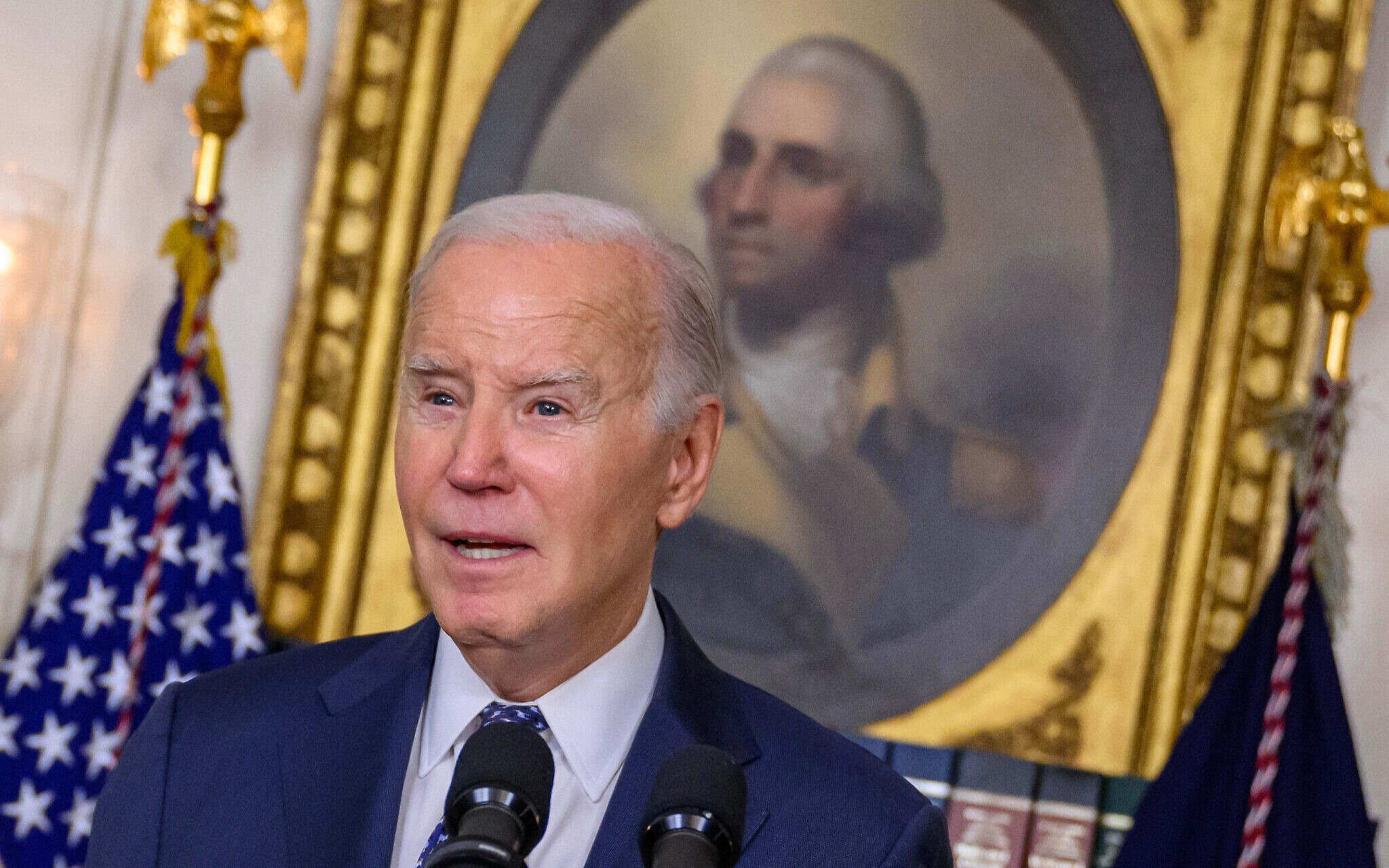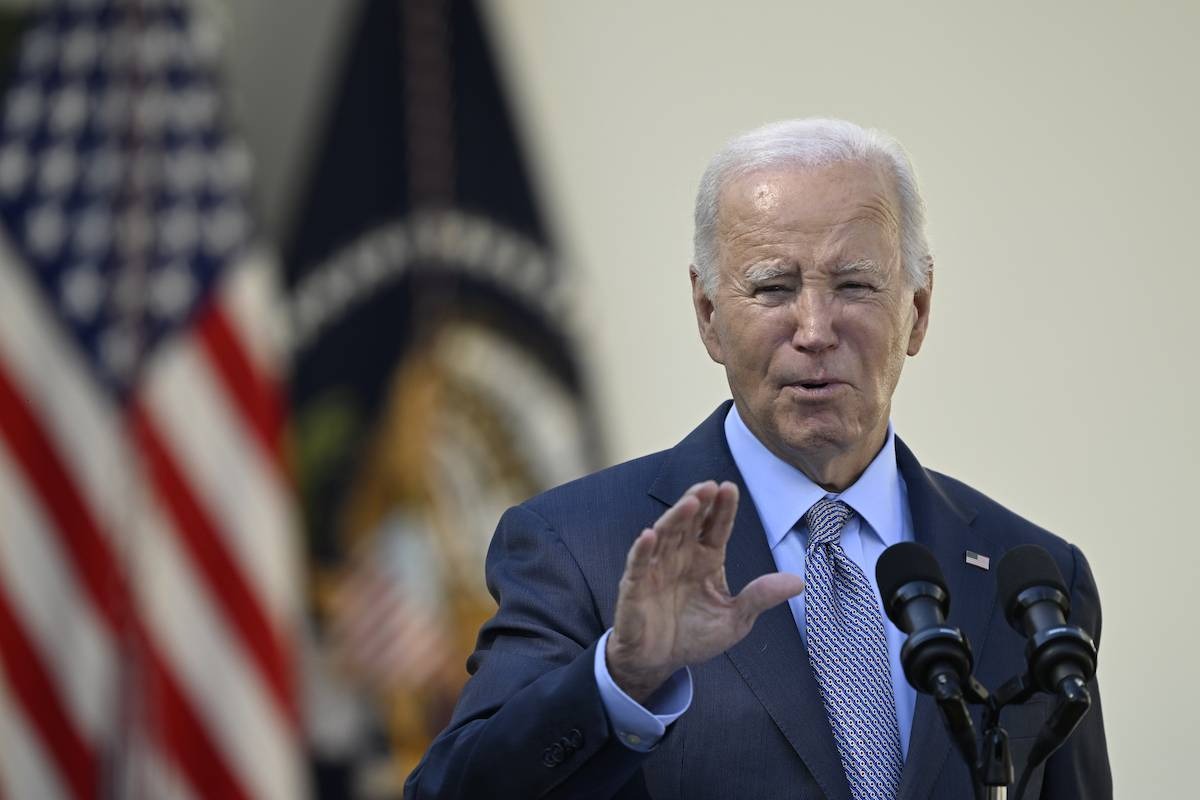President Joe Biden’s recent remarks about his uncle’s death in World War II contain several inaccuracies, prompting scrutiny and clarification. Biden spoke fondly of his uncle, 2nd Lt. Ambrose J. Finnegan Jr., during a visit to Pittsburgh, but his account diverged from official records.
Biden stated that his uncle was shot down in New Guinea and that cannibals in the area prevented the recovery of his body. However, the U.S. government’s records indicate that Finnegan’s death was not attributed to hostile action, and there is no mention of cannibals being a factor.

The Defense POW/MIA Accounting Agency states that Finnegan was a passenger on an Army Air Forces plane that ditched in the Pacific Ocean off the coast of New Guinea due to engine failure. Finnegan, along with two others, did not emerge from the sinking wreck and remained unaccounted for.
Biden misstated the timing of his uncles’ enlistment, claiming they joined the military the day after D-Day in June 1944. In reality, they enlisted weeks after the attack on Pearl Harbor in December 1941.

Despite these discrepancies, Biden spoke emotionally about his uncle’s service and the family tradition of visiting gravesites, where they recite three Hail Marys. He also criticized former President Donald Trump, stating that Trump was unworthy of being commander in chief for his son and uncle.
The White House did not immediately address the inconsistencies between Biden’s account and official records. Biden’s uncle, known as “Bosie,” received condolences from General Douglas MacArthur after his death, emphasizing the sacrifice made in service to the country.
Biden’s remarks highlight the importance of accurately honoring the sacrifices of service members and the need for precision in historical accounts.

